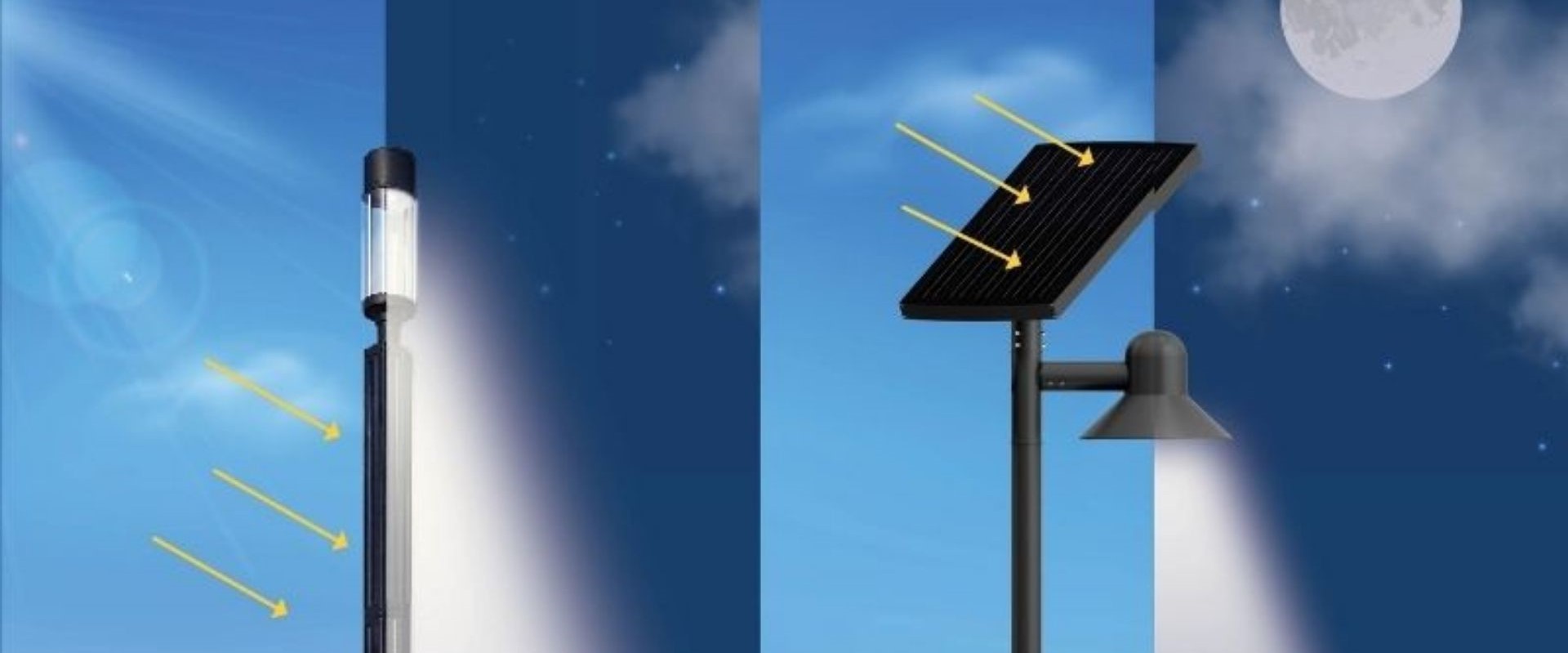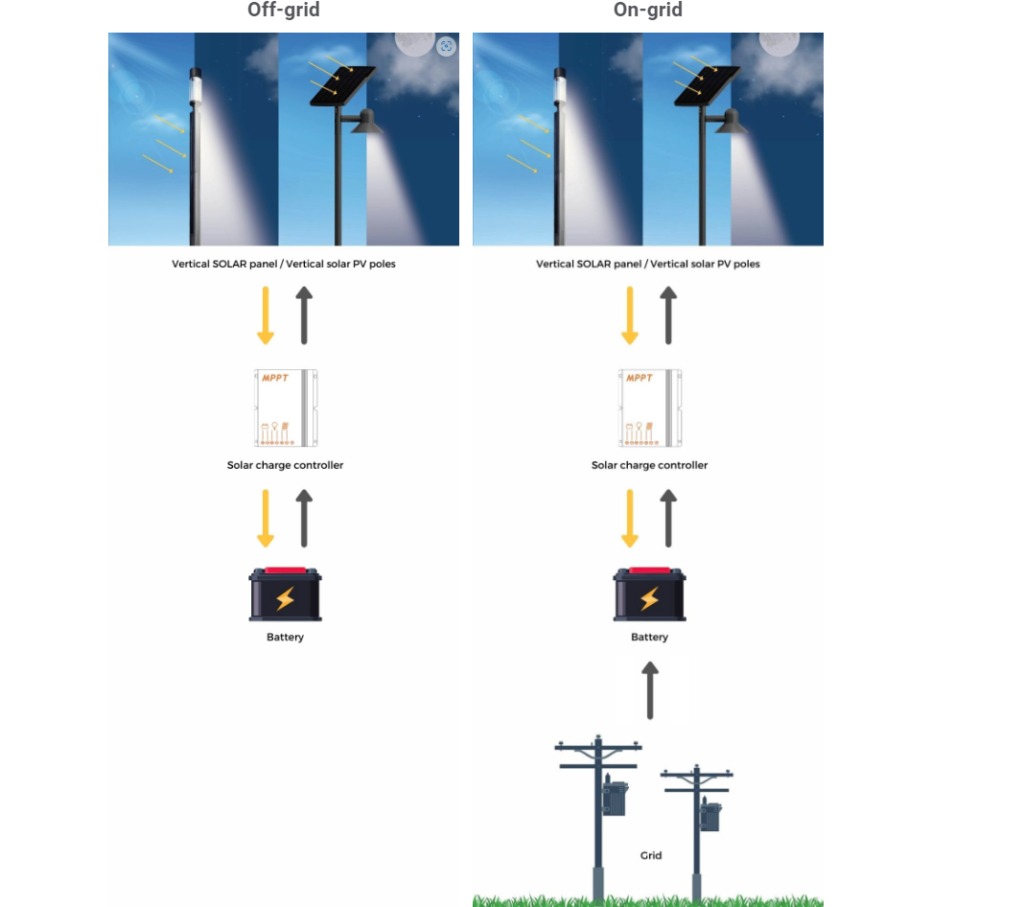
It is virtually impossible to open the newspaper or watch the news and not hear about the ongoing problem of climate change. In more recent years the rising costs of electricity has made this problem more relevant to end users – not only due to being more reliant on heating in winter and cooling in summer due to the increases in temperature extremes, but also the kWh cost that is rising each year as well.
For these reasons and more, solar power in the home has become an important consideration for everyone, not only people who want to be more environmentally friendly, but everyone who needs to reduce their cost of living in any way that they can.
Keeping up to date with solar power can be as confusing as all of the technology advancements that have been rolling out, including smart homes, smart metering, peak and off peak power use, there is a lot of terminology that can be difficult to navigate. One term that you may have seen in relation to solar power in the home is On-Grid and Off-Grid.

What is On-Grid Power?
Unless you live in a remote community with diesel powered generators, on-grid power is the electricity supply that you have likely experienced your entire life. On-grid is the traditional power grid which encompasses the network of overground and underground power lines, transformers, distribution centres and so on that deliver power to businesses and homes throughout cities and towns across the world. This power is typically generated from fossil fuel sources such as coal, oil, or natural gas, however some locations also utilise nuclear power, and renewable sources of energy such as wind, hydro-electricity and solar power. A centralised organisation (electricity company) manages the usage of the electricity and will send you a bill each month for how much you have consumed.
What is Off-Grid Power?
Like the above mentioned diesel powered generator, off-grid power is not connected to the traditional utility power grid and is produced independently from another source. Though off-grid can be provided by a generator, in many cases the off-grid power is produced through renewable sources, most commonly by solar power generation. Off-grid power is most often used in remote locations that have a limited or non-existent electricity grid, and off-grid power is the only means of generating electricity in this areas. However, due to increases in electricity costs and the number of environmentally conscious consumers, off-grid power is growing in mainstream popularity.
On-Grid vs Off-Grid
Both on-grid and off-grid come with their share of advantages and disadvantages. On-grid power is the most reliable source of energy, in most cases the supply is consistent and fluctuations in demand can be regulated. The electricity supplier owns the infrastructure and they are responsible for maintenance and servicing of the on-grid power supply.
The downside of on-grid power of course is that end users are beholden to the price that the electricity supplier sets, there is typically limited competition and therefore fewer options for choice of supplier, and it is difficult to know where your power is actually coming from. So although your home and lifestyle is environmentally friendly, your electricity could very well be generated by fossil fuels.
Off-grid enables your home to be self-sufficient and not have to rely on the traditional power network, escaping both their rising costs and use of fossil fuels to generate electricity. In some cases it is possible to feed back into the energy grid and have the electricity supplier to pay you!
With the freedom that off-grid power provides comes increased responsibility. Home owners will need to be more mindful of their power use, since their supply is limited to what they are able to generate themselves. The upfront costs of installing an off-grid system will likely be higher than simply connecting to the utilities grid, however even when incorporating the maintenance costs, it will still save you more in the long run.
Solar Power in the Home – On-Grid of Off-Grid?
There are obviously many things to consider when deciding if your home will be on-grid or off-grid, and many factors that determine this will be outside your control such as your location and availability of services. What ever you ultimately decide, there are now a much greater range of options when providing electricity to your home, and you’ll hopefully have a better understanding of the terms on-grid and off-grid when it comes to solar power in the home.
FAQs
A: On-grid is the traditional power grid which encompasses the network of overground and underground power lines, transformers, distribution centres.
A: Off-grid power is not connected to the traditional utility power grid and is produced independently from another source.
A: On-grid power is the most reliable source of energy, in most cases the supply is consistent and fluctuations in demand can be regulated.
A: Off-grid enables your home to be self-sufficient and not have to rely on the traditional power network, escaping both their rising costs and use of fossil fuels to generate electricity.
